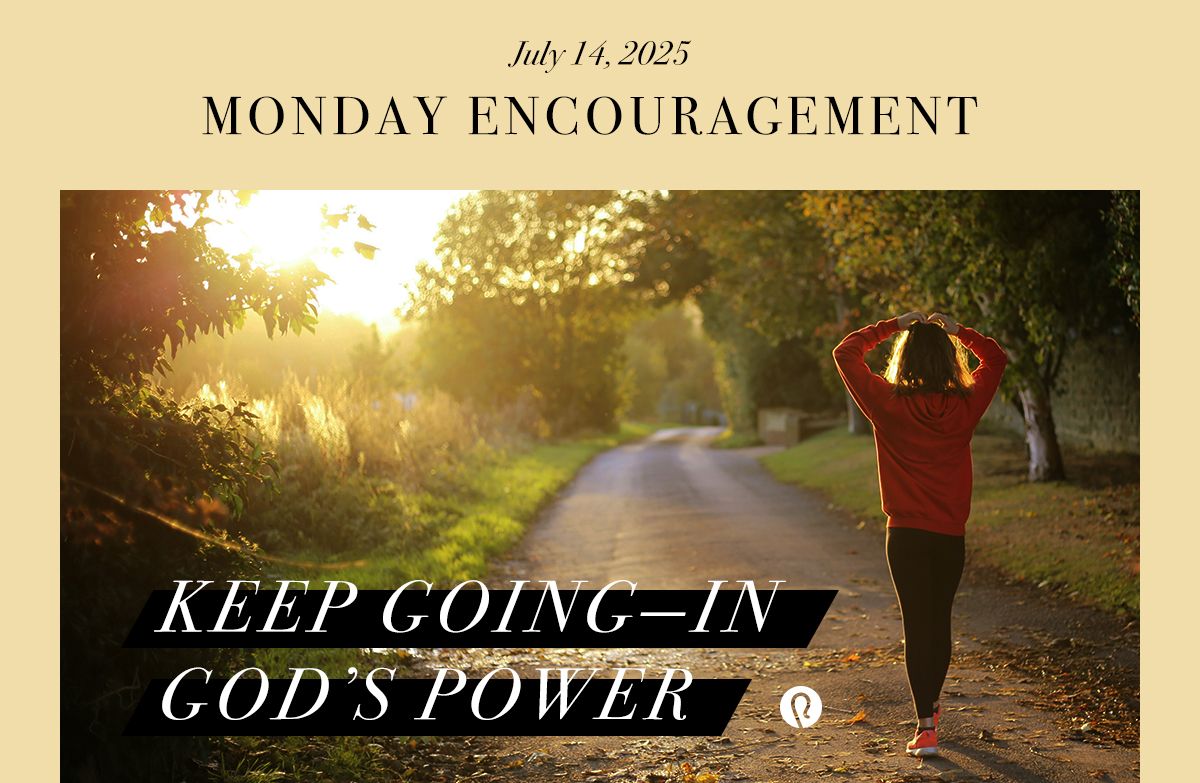At
Saddleback Church, holidays are a time to celebrate the birth of Jesus and to reflect on God’s infinite love, which he pours into our lives. We've seen thousands of people trust in Jesus at our Christmas week services, so it's a great opportunity for evangelism. But we also need to remember how easy it is for people to remain lost even while we're talking about the birth of Christ.
Here are three principles we should all remember as we enter the Christmas season that will help people experience God's love...
Keep it simple
Jesus was born into some pretty sparse circumstances. The son of two poor Galileans, he lived a life of humility and simplicity that became a key element of his ministry here on Earth. We try to reflect these same Christ-like attitudes at Saddleback, and that’s why all the activities we focus on at Christmas tend to be small and personal.
We want people talking to each other, helping each other, and growing together. Despite the fact that we have more than 20,000 regular attendees, we’ve found that the larger we grow, the smaller we must become. We want our members and visitors to experience the same kind of fellowship that was available when Kay and I started Saddleback with five other people in the living room of our condominium.
No matter how large Saddleback becomes, we never want someone to feel lost in the crowd. We purposefully provide lots of opportunities during the holiday season for one-on-one interactions, such as providing food for the homeless, helping needy single parents buy gifts for their children, or showering struggling families with practical, loving support—financially, emotionally, and spiritually.
Simple isn’t just beautiful—it’s powerful. I want you to keep this in mind as you make your holiday plans. You don’t have to cram your days full of activities, and you don’t have to make everything big and complicated. Consider what the Bible says,
“Many are the plans in a man's heart, but it is the Lord's purpose that prevails” (Proverbs 19:21 NIV). Keep your holidays simple, so you are free to serve those in need and celebrate with those you love.
Be there
We give love to people at Christmas when we show up in their lives, serving and celebrating in the name of Jesus (1 John 4:7-9). Our love is not to be limited to
“just words and talk; it must be true love, which shows itself in action” (1 John 3:18 GNT).
One way we tell our families and friends that we love them is by giving them our focused attention. Attention says, “I value you enough to give you my most precious asset—my time.” When you give someone your time, you’re giving them a portion of your life that you’ll never get back. You can always make more money, but you cannot make more time.
Isn’t it ironic that at Christmas we will spend our money lavishly, yet spend our time like misers? We keep our schedules so full and hectic that we often have difficulty showing up—with focused attention—in the lives of those we love.
Yet Jesus showed his love by being there. He gave people time and focused attention when they needed his help, when they needed his comfort, when they needed his protection, when they needed an answer to a perplexing problem, and when they just needed time with him. One of our aims at Christmas should be showing up in the lives of those we love.
Give with delight
God uses giving as an antidote for materialism (Deuteronomy 14:23), and he loves it when we give with a delighted heart (2 Corinthians 9:7). Jesus said there’s more happiness in giving than in receiving (Acts 20:35), but here’s an important point to remember at Christmas: Giving is a matter of willingness, not wealth. It's attitude, not amount. God doesn’t want your possessions; he wants your heart (Matthew 6:21).
We’ve replaced true, heartfelt, delightful giving with a hollow materialism that keeps us all overspending during the holidays. Instead, we should give from our hearts. In fact, as a pastor, I’d like to see you expand your definition of giving beyond the financial. Imagine how much you could bless others if you simply shared your time and talents.
You don’t even have to give something away to share it delightfully with others. For instance, you may have a garage full of tools that, as a gift, you make available to your neighbor or an empty vacation spot that you allow other members of your family to use.
When you don’t share, you’re keeping others from experiencing the full blessings of God, and you’re being a poor steward of all God has given you.
There’s another reason we need to learn generosity in giving: It builds our faith as we look to be generous with the world. Everything we have is a
“good and perfect gift” from our Heavenly Father (James 1:17 NIV), who lavishes on us
“every spiritual blessing in the heavenly realms because we belong to Christ” (Ephesians 1:3 NLT).
The essence of Christmas is that we simply and humbly give of ourselves, just as God gave generously and sacrificially to us through his Son, Jesus Christ. With this Good News as our center, we can generously show up in the lives of others with our time, talents, money, possessions, and friendship.
Photo by
Spencer Imbrock on
Unsplash







